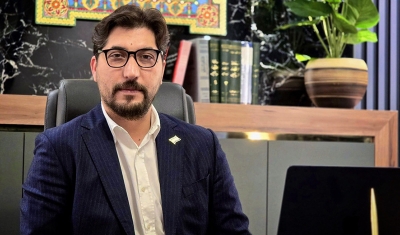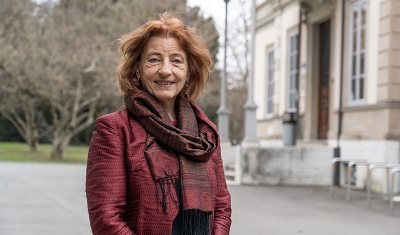Our New Short Courses in International Law in Armed Conflict are Online!


ICRC
11 September 2017
Our new short courses in international law in armed conflict are now online.
These courses form part of our Executive Master in International Law in Armed Conflict. They are open to professionals – diplomats, lawyers, legal advisers, judges, NGO staff, human rights advocates, media specialists, professionals working in emergency situations, UN staff and staff from other international organizations – who want to deepen their expertise in a specific issue.
Providing Legal Knowledge on Key Issues
Courses – ten in total – provide participants with in-depth legal knowledge in issues like international refugee law, the classification of armed conflicts, preventing and combating terrorism, leading in the Human Rights Council, sanctions in public international law or peacebuilding in post-conflict and fragile situations.
Regular Schedule Designed for Professionals
Each course consists of five weekly classes held on Thursday or Friday (evenings or afternoons).
A Straightforward Application Process
Applications must be submitted via an online form and need to include:
- A short motivation letter (no more than one page)
- A curriculum vitae
- Proof competence in English (a certificate or statement highlighting your solid background in English)
- A valid copy of visa or residence permit (only applicants who require a visa to enter the Schengen area)










